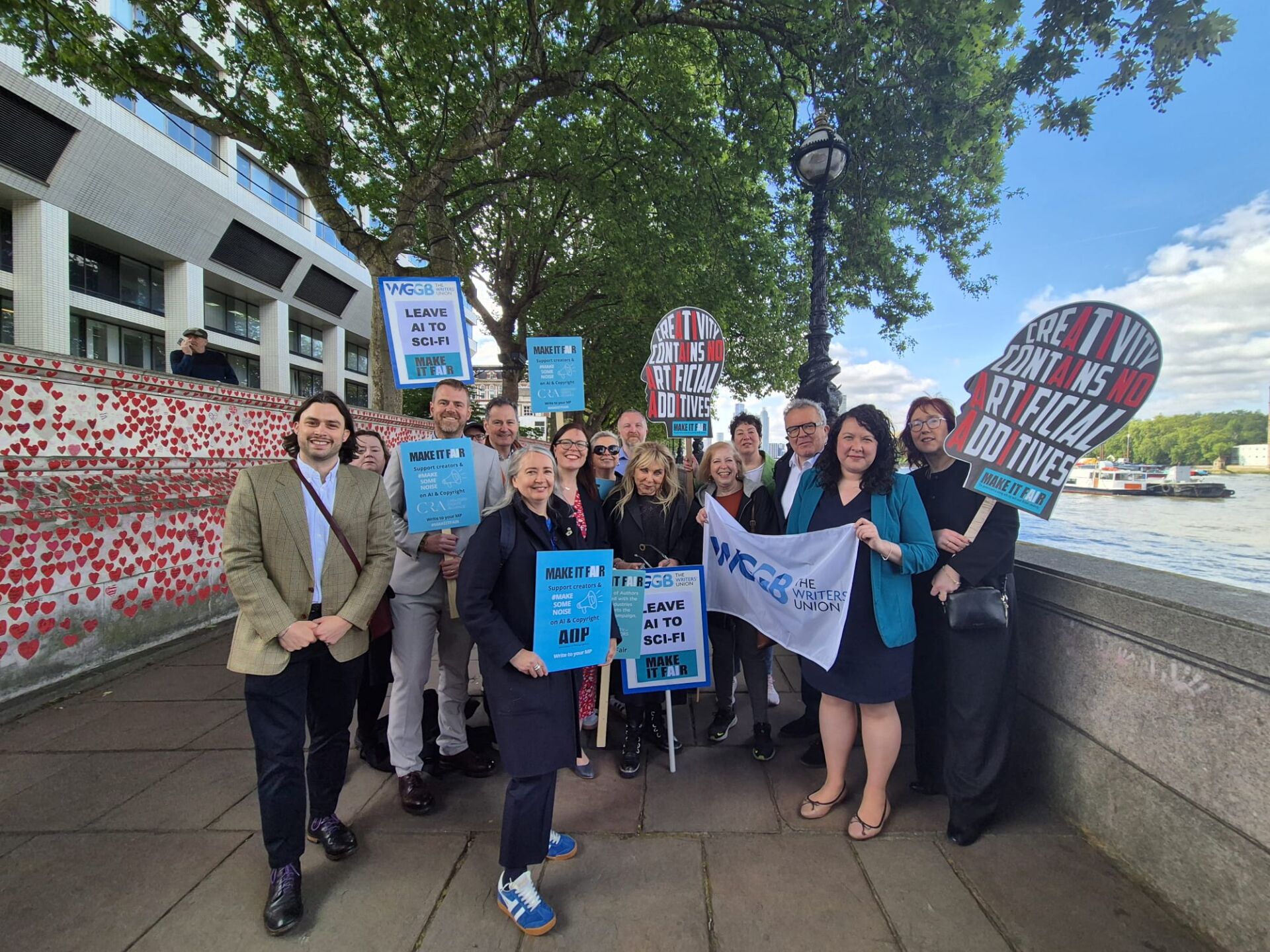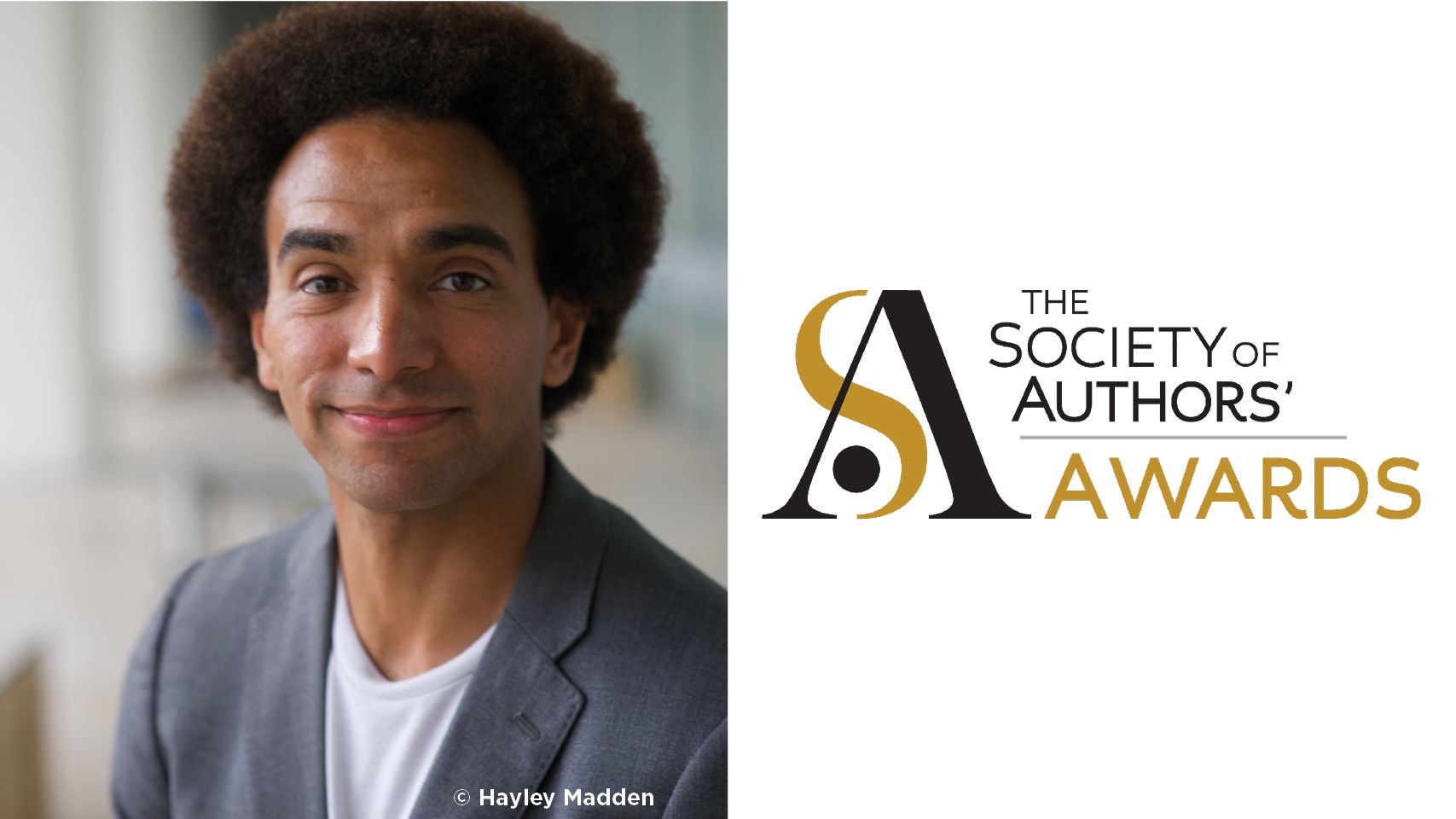Have you read George Orwell’s 1984?’
‘I live in it.’
This is a current conversation between two Belarusians. Every author of dystopian fiction would prefer not so much to predict the future as to warn of its dangers, in the hope of avoiding them. But sometimes it doesn’t work out – and people find themselves inside frightening books that become reality.
‘Big brother is watching you’ is a frequent meme shared by my fellow citizens, who keep their gadgets under passwords, hide their names in the encrypted Telegram messenger, and delete all communications before any meeting with state officials – for instance, when we cross the border. I should write ‘when we used to cross the border’, because now we have practically returned to the Iron Curtain of the Soviet era – travel to the ‘free world’ is becoming increasingly difficult.
The ‘Ministry of Love’ is what we call the Belarusian security forces who, since August 2020, have been shooting at civilians using water cannons, light-noise grenades and tear gas, killing, maiming and raping detainees with rubber truncheons in prisons and in police vans that function as mobile torture chambers.
The ‘Ministry of Truth’ is what we call those who torture and blackmail their victims, forcing them to lie into the camera, to admit their non-existent guilt for crimes invented by the secret services. This is what was done in May to the exiled opposition journalist Raman Pratasevich, after Belarusian fighter jets forced the Ryanair passenger plane in which he was flying to land at Minsk, and security forces arrested him and his girlfriend Sofia.
He was taken straight into the universe of 1984. The rest of the passengers – mostly Western citizens – suddenly found themselves in a different English-authored dystopia. I am thinking of H.G. Wells’s 1895 novella The Time Machine. Indeed, for our Western neighbours, travelling to Belarus can resemble time travel. Here, for 27 years, the government has held onto power by stirring Soviet nostalgia and persecuting anyone who thinks differently. A more significant similarity is the division of Belarusian society into two unequal parts: one part of society has been constantly evolving and stepping into the future, despite the totalitarian regime, while the other part has remained stuck in the past. It is not unlike Wells’s nightmarish vision of the future with its two human ‘races’ – the Eloi and the Morlocks.
In The Time Machine, the social classes, evolved over centuries into exploiters and exploited, produce Eloi, degraded masters who live on the surface of the earth, and proletarian Morlocks, underground monsters who hunt their masters by night and eat them as meat. The Belarusian situation is even more paradoxical. Such would-be Morlocks as Lukashenka and his electorate have seized their place on the earth’s surface by gradually pushing the more cultured, open and internally free Eloi into the internal emigration of the underground. Unlike the Eloi of Wells’s fiction, Belarusian Eloi have not degraded as a result of too easy an existence. On the contrary, the harsh political and economic conditions in which they live require them to exercise more spiritual, intellectual, and physical strength than their counterparts in happier countries. They therefore become the true elite.
Still, power is in the hands of the uneducated: career thugs who require neither skill nor talent; their only quality lies in their allegiance to the dictator. His most ardent supporters are law-enforcement officers – the worst policemen possible; the intelligent and honest ones resigned years ago, once they realised the immorality of their occupation. Those who have stayed are incapable of reflection; they are recklessly ready to carry out unreasonable, inhumane and illegal orders, including the murder of fellow citizens whom they seem to perceive as a different ‘race.’ They will not go into the dark underground – they are the most affluent category of the population in Belarus. What connects them to Wells’s Morlocks is their cannibalism.
But we have forgotten about our ‘time travellers’ – the foreign passengers on the hijacked Ryanair aircraft, who literally embody the West, stunned by the actions of the Belarusian regime. The Time Machine is not just a book about one human race devouring another. It is also about a witness who suddenly ceases to be just an observer at a safe distance. At one point in the story, Morlocks steal the time machine and the Time Traveller instantly loses his sense of security. He enters a completely different narrative: suddenly, the story is about his life and his death.
And isn’t this exactly how our neighbours in the West reacted to this act of boundless cynicism by our dictator? They couldn’t understand how the regime’s action was possible. ‘Sending fighter jets to force a civilian plane to land? Risking the lives of civilians? Our citizens?!’
The West didn’t wait long to respond. People who were not at all interested in the crimes of the semi-colonial Belarusian regime, which exists under the reliable protection of Russia, or who simply limited themselves to words of ‘deep concern’, some sincere and some not so sincere, now suddenly talked about economic sanctions and the closure of airspace to Belarusian aircraft. They bought priority access to an Irish low-cost flight – but it turned out that the right of priority belonged to armed Morlocks.
Dear British, Irish and other Western European colleagues, you can quietly or loudly sympathise with Belarus (or Ukraine; and at least now you confuse these countries’ names less frequently). But admit it: somewhere in the depths of your consciousness sits the belief that these countries are infinitely far from you and your pressing problems. That they are in the sphere of Russian political influence – and President Putin is so terrible and unpredictable that it would be an act of utmost danger to stand between him and his prey. In addition, there are questions of economic feasibility: people are willing to resent dicta-torships that suppress freedom and social justice, but they are no less willing to trade with dictatorships – because money does not smell.
The Eloi enjoyed the work of the Morlocks who fed and clothed them. It’s so profitable to enjoy the fruits of labour that costs almost nothing. But if John Donne’s teachings about the island, the continent and the tolling of the bell sound too abstract to you, let me remind you that the Morlocks did not profess the veganism fashionable among the Eloi. And, one night on the earth’s surface, they took advantage of what they found.






